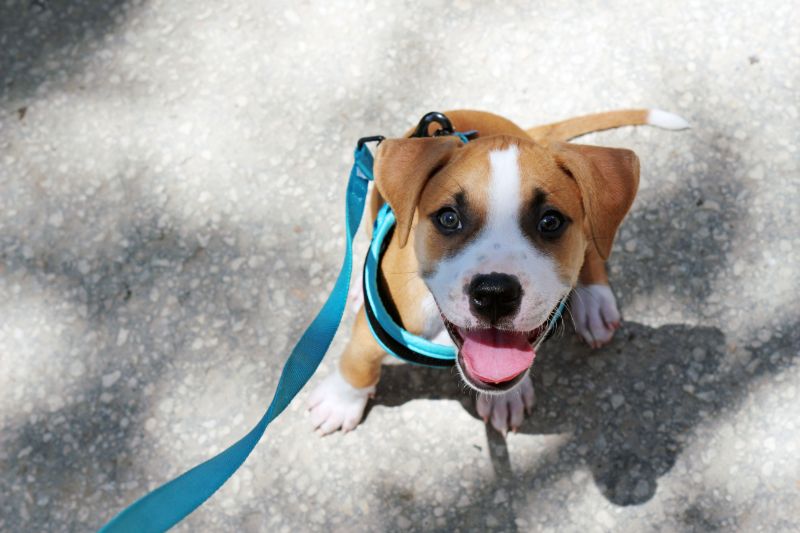Mission Impossible: Effective Ways to House Train Your Dog

Raising a puppy, or even an adult dog who hasn’t learned the ropes, is one of the most challenging (yet rewarding!) things you can do. This early instruction helps them become well behaved, confident adults who have the skills it takes to be happy and at ease in their environment. Unfortunately, the first few weeks of getting a pup to understand where to do their business can be tough.
Your friends at East Sacramento Veterinary Center understands how difficult it can be to house train your dog, which is why we’ve put together our expert tips and tricks aimed at helping you and your pup succeed. Let’s get started!
Create a Positive Experience for Your Dog
When a dog poops on the carpet, your first instinct may be to scold them. Unfortunately, punishment can actually make things worse.
Your intention in house training your dog should be a reward-based, positive one. But how do you do this, you may ask?
The Steps to Successfully Housetrain Your Dog
Most dogs want to please their owner, which makes them trainable with the right methods. To enlist the basics of house training, here are some suggestions to follow.
- Set meal times and follow those. If your pet is a free grazer and their bowl is left full all day, guess what? They will want to poop all day! Feed your pet when you get home at night and first thing when you wake up, and allow ample time to take your dog outside before you have to leave for the office or retire for the night.
- Clean up accidents thoroughly. Through the use of an enzyme-based cleanser, ensure that any residual odor has been removed from carpets or furniture. If your pet smells the urine or feces, they will assume that’s the correct place to relieve themself again.
- Take your pet out often. This includes right after they eat or drink, and at regular intervals throughout the day. With puppies, they will need to be taken out every 30 minutes or so as they get used to their new potty spot.
- Make use of a crate. When you cannot be there to supervise your pup, consider using a crate that is large enough for them to move around in, but cozy enough for them to consider it their bed (include bedding to encourage napping). Dogs do not want to pee or poop in their “den”, so this is a great space for them to be when they cannot be taken out right away. Never leave them in the crate for more than 4 hours.
- Supervise your pet. This time of a dog’s life, as they learn essential training, you need to be with them often. You are their “parent” who instructs them on the correct place to potty, as well as other important training behaviors. When you see your dog sniffing or circling, say “potty outside” or “outside”, and take them to their spot in the yard.
- Use their scent to reinforce where they should go. If your pet has peed on an old rug or towel, take it outside and leave it on the spot you want them to go. Throw it out once they smell their scent there. Taking your dog to the same place in the yard helps them understand that that’s their place where they can potty.
- Reward your dog each time they go out to potty. Use verbal praise, a small treat, and a click from a plastic clicker, which is another effective and cheap training device. The key is to reward for good behavior and redirect or ignore bad behavior.
Remember that this is not an overnight task. Housetraining your dog requires patience, consistency, and supervision. The reward for a dog job well done is something that “sticks” and will be the key to your success.
Would you like more information on house training your dog? Please contact us!
